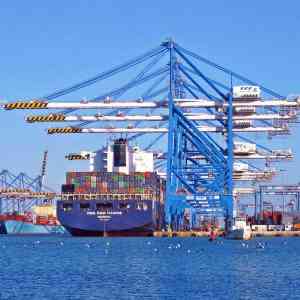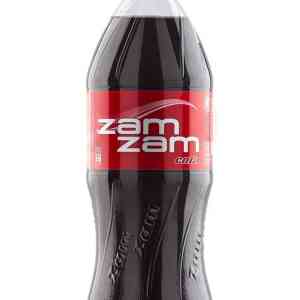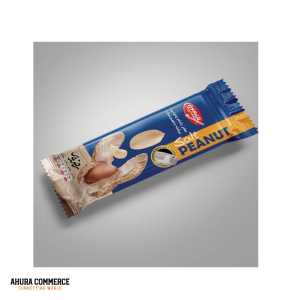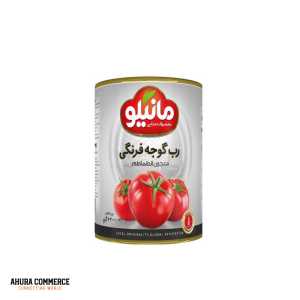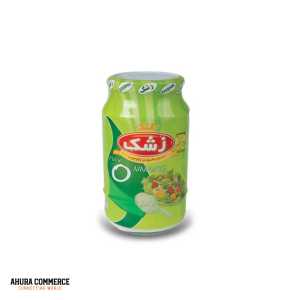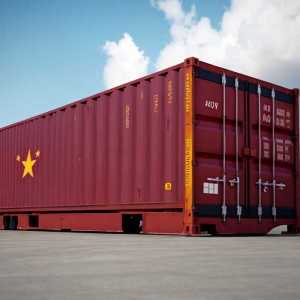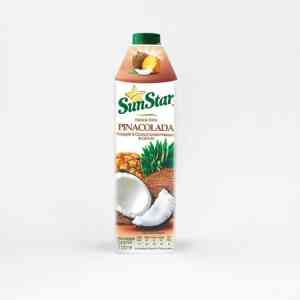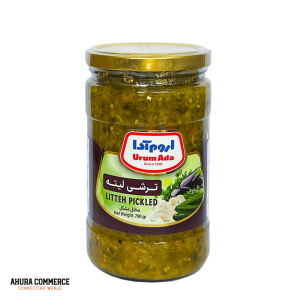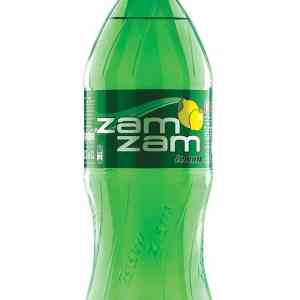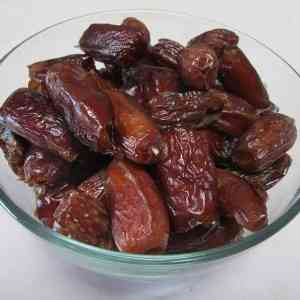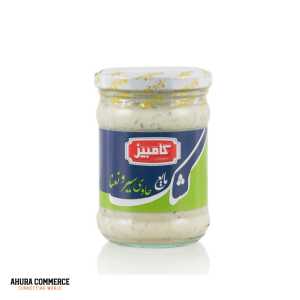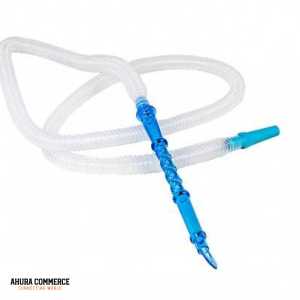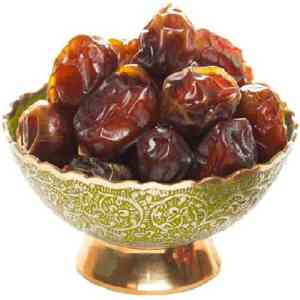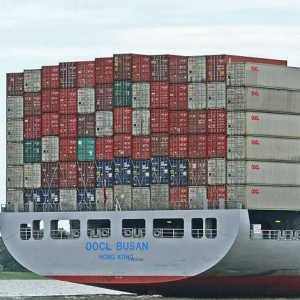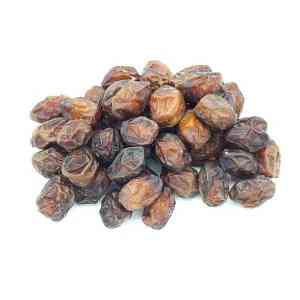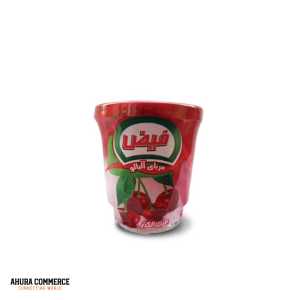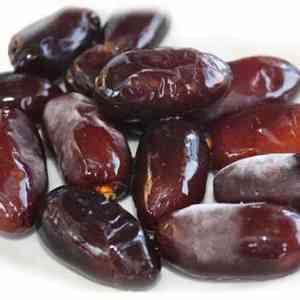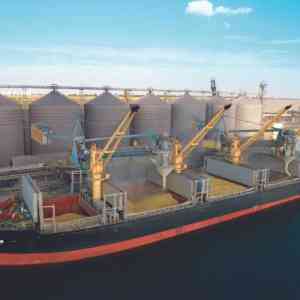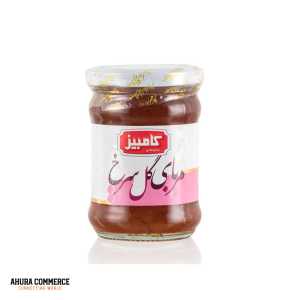Categories
- Agriculture
- Food and Beverage
- Cars and auto parts
- Electrics and Electronics
- Exchange
- Fashion and accessories
- Metallurgy Rubber & Plastics
- International Transportation
- Weaving, textiles
- Building Construction
- Chemicals
- Dairy
- Fruits and Vegetables
- Nuts and Spices
- Gifts and Toys
- Health and Beauty
- Home Appliances
- Livestock and poultry
- Machinery and Tools
- Row materials
- Office appliances
- Customs Clearance
- Home
- Food and Beverage
- Exporting tuna to Pakistan
Exporting tuna to Pakistan
Description
Exporting Iranian tuna to Pakistan
Exporting tuna to Pakistan
Exporting tuna to Pakistan has emerged as a vital aspect of the seafood trade, driven by the increasing demand for high-quality fish products in the country. With its rich culinary traditions, Pakistan places great value on fresh and nutritious seafood, making tuna a popular choice for consumers seeking both flavor and health benefits. The country's diverse cuisine often incorporates tuna in various dishes, from salads to curries, enhancing its appeal. As a result, exporters are focused on ensuring that the tuna supplied to Pakistan meets stringent quality standards, preserving its freshness and taste throughout the supply chain. This growing market not only offers opportunities for Iranian tuna producers to expand their reach but also contributes to strengthening trade relations between Iran and Pakistan, fostering a mutual appreciation for quality seafood.
Quality and Sustainability
The tuna exported from Iran is sourced from pristine waters, ensuring that only the finest fish are selected for processing. This commitment to quality guarantees that the tuna retains its natural flavor, texture, and nutritional benefits, making it a sought-after choice for consumers. Furthermore, sustainable fishing practices are at the forefront of the export process, emphasizing responsible harvesting techniques that protect tuna populations and preserve the marine ecosystem. This focus on sustainability resonates strongly with the Pakistani market, where consumers are increasingly conscious of the environmental impact of their food choices. As awareness grows, more buyers seek products that align with their values, favoring seafood sourced from environmentally responsible practices. By prioritizing both quality and sustainability, Iranian tuna exporters not only cater to the demands of health-conscious consumers but also contribute to the long-term health of marine life, establishing a responsible seafood supply chain that benefits both the industry and the environment.
Culinary Versatility
Tuna is a highly versatile ingredient that lends itself to a variety of dishes, ranging from salads and sandwiches to traditional Pakistani curries and rice dishes. Its rich taste and firm texture make it an excellent choice for both home cooks and professional chefs alike. By exporting tuna to Pakistan, suppliers can effectively cater to the diverse culinary needs of this vibrant market, enhancing the local food scene with a product that seamlessly complements traditional flavors. The adaptability of tuna allows it to be incorporated into numerous recipes, whether it’s being served in a refreshing salad, as a filling for savory sandwiches, or as a key ingredient in hearty curries. This versatility not only broadens the scope of meal options available to Pakistani consumers but also encourages culinary creativity among chefs. As exporting tuna to Pakistan continues to grow, it fosters a deeper appreciation for this nutritious seafood, inspiring innovative dishes that celebrate both local and international cuisines.
Growing Market Demand
The demand for canned and fresh tuna in Pakistan is on the rise, driven by factors such as urbanization, changing lifestyles, and an increasing focus on healthy eating. As consumers seek convenient and nutritious meal options, exporting tuna to Pakistan presents significant opportunities for suppliers. The growing middle class in urban areas is particularly inclined toward high-quality seafood products, further fueling this demand.
Conclusion
In summary, exporting tuna to Pakistan represents a promising opportunity for growth in the seafood sector. With its focus on quality, sustainability, and versatility, tuna can become a staple in Pakistani households. By tapping into the increasing consumer demand and establishing efficient distribution channels, exporters can successfully introduce this nutritious seafood option to the Pakistani market.
Location
Exporting tuna to Pakistan

Ahura Commerce facilitates seamless international trade. Our platform empowers businesses of all sizes to navigate import/export regulations, connect with global partners, and optimize logistics. Leverage our expertise and network to achieve sustainable growth in today's interconnected marketplace.

